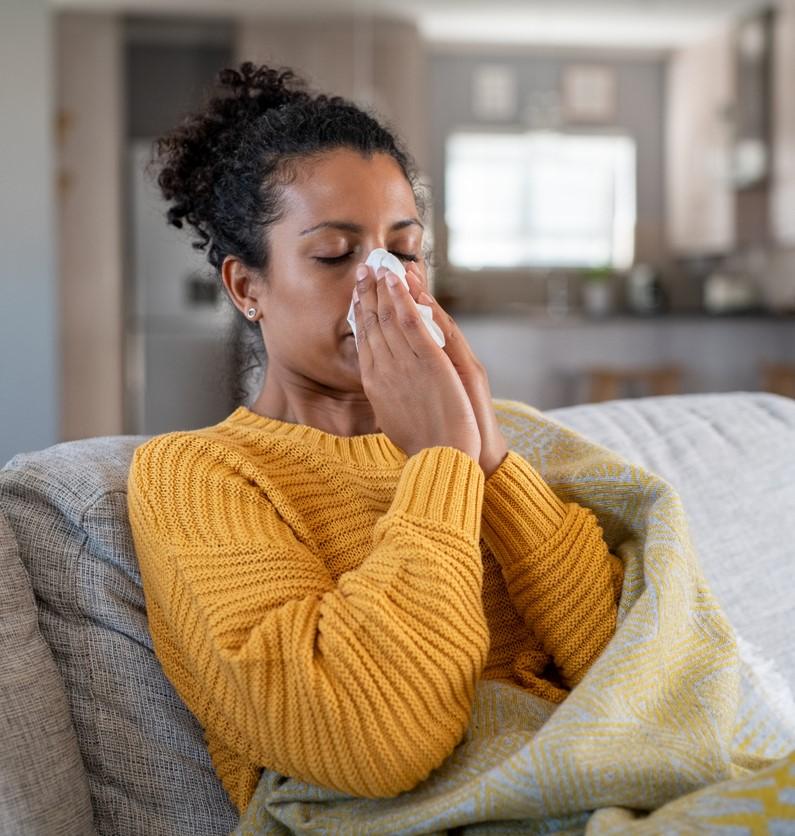Adding further evidence that the antiparasitic drug ivermectin is ineffective as a COVID-19 treatment, preliminary findings from an ongoing randomized, controlled clinical trial of repurposed drugs today in JAMA finds that it does not speed time to recovery in patients with mild to moderate infections.
Ivermectin, which is used worldwide to treat human worm infestations and parasitic animal infections, was investigated as a treatment for COVID-19 after an in vitro study suggested antiviral activity, but evidence of its benefit is lacking.
Three days of treatment or placebo
A team led by Duke Clinical Research Institute led the remote, double-blind platform trial that included 1,591 nonhospitalized COVID-19 patients aged 30 years and older who had at least two symptoms for a week or less from Jun 23, 2021, to Feb 4, 2022, at 93 US sites. Follow-up continued through May 31. The study period spanned the periods of Delta and Omicron variant predominance.
Participants were randomly assigned to receive either 400-micrograms-per-kilogram tablets of ivermectin (817 patients) or a placebo (774) for 3 days. They completed daily symptom and adverse-event assessments via a study portal for 14 days, then at variable intervals through day 28 and at 90 days.
Average age was 48 years, 58.6% were women, 81% were White, 10% were Hispanic, 7% were Black, and 47.3% reported receiving two or more doses of a COVID-19 vaccine. Average time from symptom onset to receipt of the study drug was 6 days. Chronic conditions were common, including obesity (41%), diabetes (11.5%), high blood pressure (26%), asthma (15%), and chronic obstructive pulmonary disease (4%).
Findings 'do not support' ivermectin
The hazard ratio (HR) for faster recovery was 1.07 (95% credible interval [CrI], 0.96 to 1.17; posterior probability of benefit, .91), indicating no benefit. Median time to recovery (at least 3 consecutive days with no symptoms) was 12 days among ivermectin recipients and 13 days in the placebo group.
Ten participants in the ivermectin group and nine placebo recipients were hospitalized (1.2% each; HR, 1.1), while 3.9% of the former and 3.6% of the latter visited an urgent care center or emergency department, were hospitalized, or died. One ivermectin recipient died.
Adverse events were uncommon and similar in the two groups (2.8% of ivermectin recipients vs 3.5% of the placebo group). The most common serious adverse events were COVID-19 pneumonia (five in the ivermectin group, seven placebo recipients) and venous thromboembolism (blood clot in a vein) (one and five, respectively).
"Among outpatients with mild to moderate COVID-19, treatment with ivermectin, compared with placebo, did not significantly improve time to recovery," the study authors wrote. "A lack of treatment effect was also seen for secondary clinical outcomes including hospitalization, death, or acute care visits. These findings do not support the use of ivermectin in patients with mild to moderate COVID-19."





















